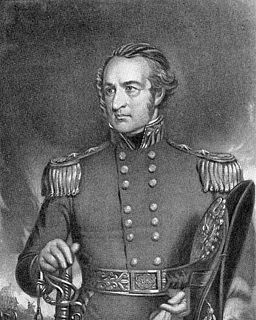A Quote by Marion Nestle
I have a generally optimistic temperament and am thrilled by what I see as a rapidly growing food movement, especially among young people who care about how food is produced and what it does to their health and the environment.
Related Quotes
Now, everyone is excited about food - cooking, growing, learning - watching it on TV, buying books, trying things at home. It's the greatest time ever to be in food - which is why it's so hard to see so many people still relying on processed food. I am hoping that we had a generational blip - and that these young people will continue on and pass on their love of food and creativity to the next generation of kids.
If there was ever a food that had politics behind it, it is soul food. Soul food became a symbol of the black power movement in the late 1960s. Chef Marcus Samuelsson, with his soul food restaurant Red Rooster in Harlem, is very clear about what soul food represents. It is a food of memory, a food of labor.
Is it just a coincidence that as the portion of our income spent on food has declined, spending on health care has soared? In 1960 Americans spent 17.5 percent of their income on food and 5.2 percent of national income on health care. Since then, those numbers have flipped: Spending on food has fallen to 9.9 percent, while spending on heath care has climbed to 16 percent of national income. I have to think that by spending a little more on healthier food we could reduce the amount we have to spend on heath care.
Those of us who think about what we eat, how it's grown, those of us who care about the environmental impact of food - we've been educated by fabulous books, like Fast Food Nation and documentaries like Food Inc. But despite these and other great projects that shine a critical light on the topic, every year the food industry spends literally tens of millions of dollars to shape the public conversation about our food system.
Isn't food important? Why not "universal food coverage"? If politicians and employers had guaranteed us "free" food 50 years ago, today Democrats would be wailing about the "food crisis" in America, and you'd be on the phone with your food care provider arguing about whether or not a Reuben sandwich with fries was covered under your plan.

































